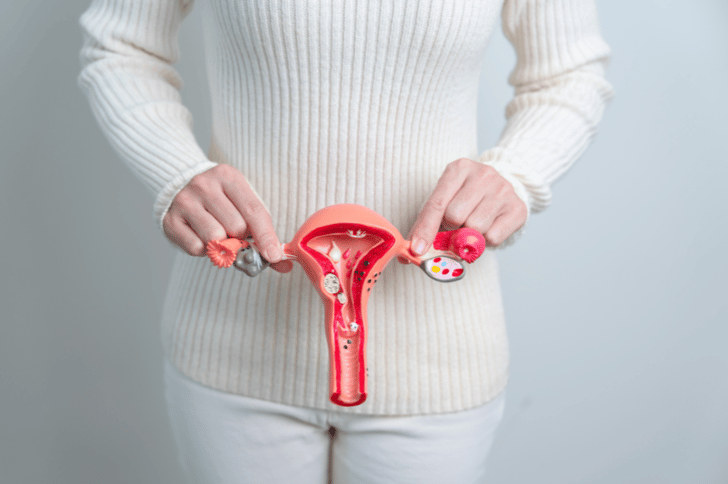Ovarian Cysts: What Every Woman Should Know
Ovarian cysts are common, but when they cause pain or irregular periods, it’s important to understand what’s happening. In this blog, we break down what ovarian cysts are, the different types, and when to seek medical attention. Learn how to recognize the signs, understand your body, and take control of your health.

Ovarian cysts are more common than you might think, and for most women, they come and go without causing any issues. But when they stick around, grow larger, or start causing discomfort, it�s important to understand what�s going on and when to seek help. At Garden OB/GYN, we want to ensure you have all the information you need to take charge of your health.
What Exactly Are Ovarian Cysts?
An ovarian cyst is a fluid-filled sac that forms in or on the ovary. Most of the time, they�re completely harmless and disappear on their own. However, in some cases, they can cause pain, irregular periods, or other complications.
The Two Most Common Types of Ovarian Cysts
There are several different types of ovarian cysts, but the two most common are:
Follicular Cysts � Every month, your ovaries develop tiny sacs called follicles, which hold immature eggs. Normally, one follicle releases an egg during ovulation, but if it doesn�t, the follicle may turn into a cyst. These usually go away within a few months without any treatment.
Corpus Luteum Cysts � After ovulation, the empty follicle becomes something called the corpus luteum, which helps support pregnancy. If the follicle doesn�t shrink down properly, it can fill with fluid and become a cyst. Most of these cysts disappear within a few weeks.
How Do You Know If You Have an Ovarian Cyst?
Many women don�t even realize they have a cyst because they often don�t cause any symptoms. But if a cyst gets larger, it can lead to:
- Pelvic pain (a dull or sharp ache on one side)
- Bloating or pressure in the lower abdomen
- Painful periods or irregular cycles
- Discomfort during intercourse
- Lower back pain
When Should You See a Doctor?
While most ovarian cysts are harmless, some can grow, rupture, or even twist the ovary, leading to severe pain and complications. Seek medical attention if you experience:
- Sudden, intense pelvic pain
- Fever, nausea, or vomiting
- Unexplained changes in your menstrual cycle
At Garden OB/GYN, we specialize in women�s health and are here to provide expert care and peace of mind. If you�re experiencing symptoms or just want to stay on top of your reproductive health, schedule an appointment with us in NYC, Queens, or Long Island.
Your health matters. Let�s take care of it together. 🌸�
































